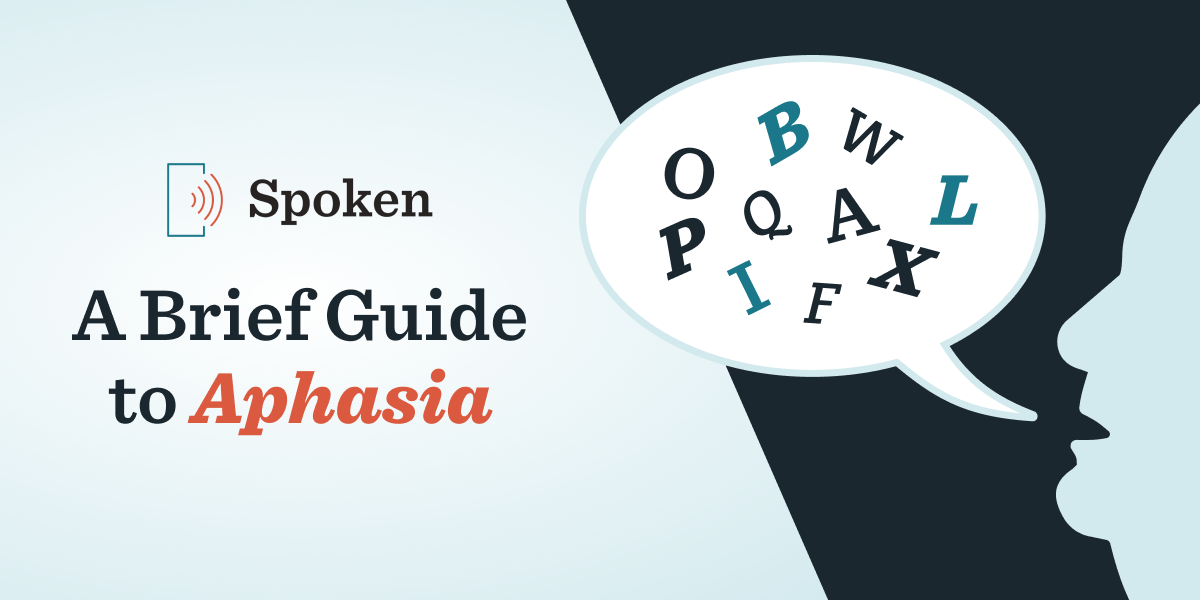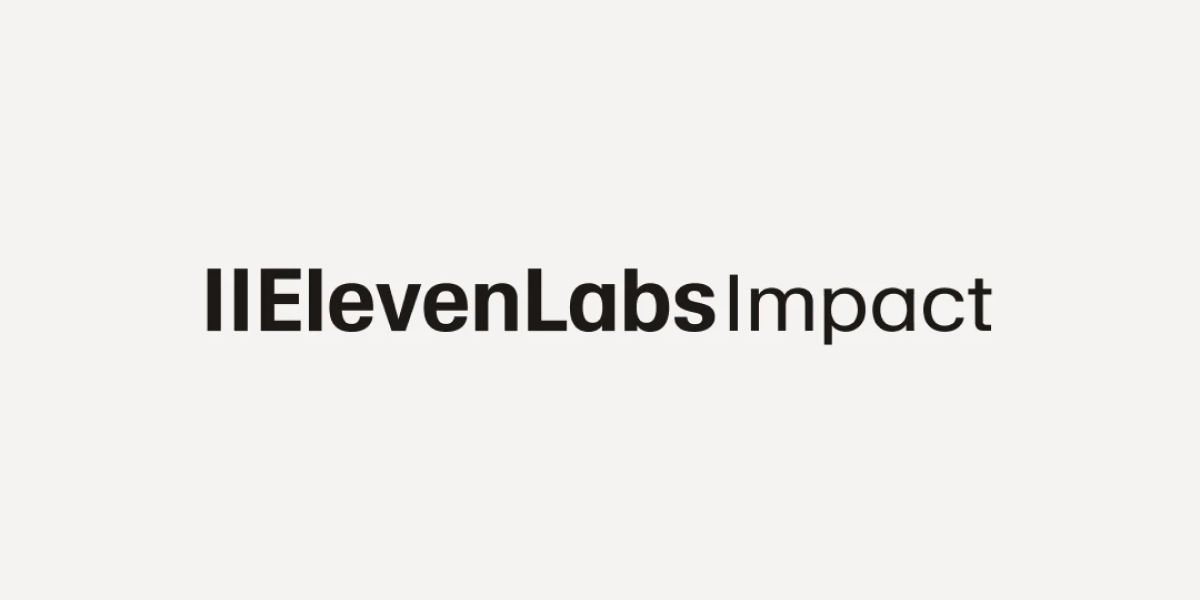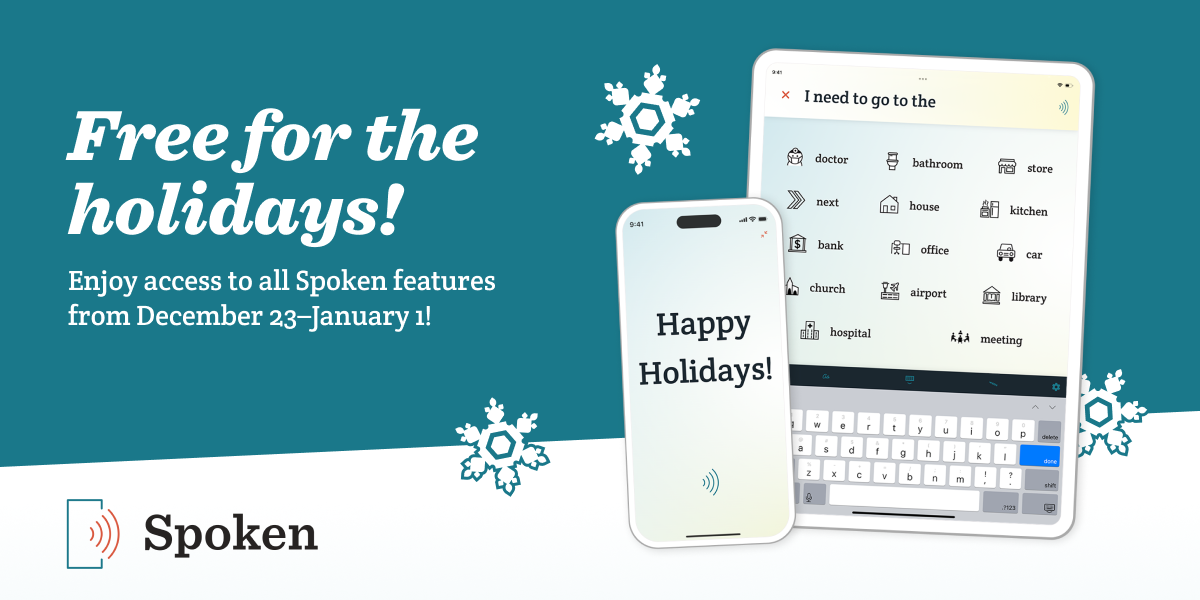Aphasia Awareness Month: A Brief Guide to Aphasia

June is Aphasia Awareness Month, a time dedicated to improving understanding of aphasia. This month, we aim to educate more people about aphasia and the assistive technologies, like Spoken, that can help those affected.
What is Aphasia?
Aphasia is a language disorder that impairs a person’s ability to communicate effectively. It occurs when there is damage to the language centers of the brain, often due to stroke, brain injury, or neurodegenerative diseases. It can impact a person’s ability to speak, understand, read, or write words. Importantly, though, it does not affect intelligence.
The severity of aphasia can vary widely, from mild difficulty finding words to complete loss of the ability to communicate verbally. The exact symptoms experienced depend on the type of aphasia a person has developed, which corresponds with the location of their brain injury.
Addressing Misconceptions About Aphasia
High-profile cases like Bruce Willis’ diagnosis have recently brought aphasia into the public eye, but they have also led to some unfortunate misunderstandings. It’s important to clarify that aphasia is not a form of dementia and does not affect overall cognitive function. Misinformation can lead to unnecessary fear and stigma, so it’s crucial to rely on accurate sources. We suggest consulting the American Speech-Language-Hearing Association (ASHA) or the National Aphasia Association for more information about aphasia.
The Role of AAC in Supporting Aphasia
Augmentative and Alternative Communication (AAC) tools are designed to assist individuals who have difficulty with verbal communication. These tools can range from simple picture boards to high-tech devices and apps. AAC is essential in empowering individuals with aphasia, enabling them to communicate more effectively and regain their independence.
How Spoken Can Help
Spoken is our innovative AAC app. It’s a versatile and user-friendly tool for individuals with aphasia. Here’s are some of Spoken’s features that are especially helpful for anyone dealing with the condition:
- Personalized Predictions: Spoken uses intelligent word prediction technology to suggest words and phrases, helping users complete their sentences if they’re having trouble thinking of words.
- Symbol-Based Communication: Spoken has an easy to understand symbol library. Many words are accompanied by icons to represent them visually in case they’re hard for a user to understand or locate otherwise.
- Drawing Canvas: Spoken can convert drawings into speech, which may be easier for aphasic users who can visualize what they want to say but can’t put it into words.
- Saved Phrases: Users can store and access commonly used phrases quickly, reducing the effort needed to communicate routine messages.
- Natural-Sounding Voices: Anything entered into Spoken can be converted into clear, natural-sounding speech. The realistic voices we offer help users feel more confident when communicating.
Help Us Spread Awareness
Aphasia Awareness Month is an opportunity to educate the public and advocate for the use of AAC tools. By increasing awareness, we can help those with aphasia feel more understood and supported in their daily lives. Please help us spread awareness by sharing this blog with others.
About Spoken
Spoken is an app that helps people with aphasia, nonverbal autism, and other speech and language disorders.


